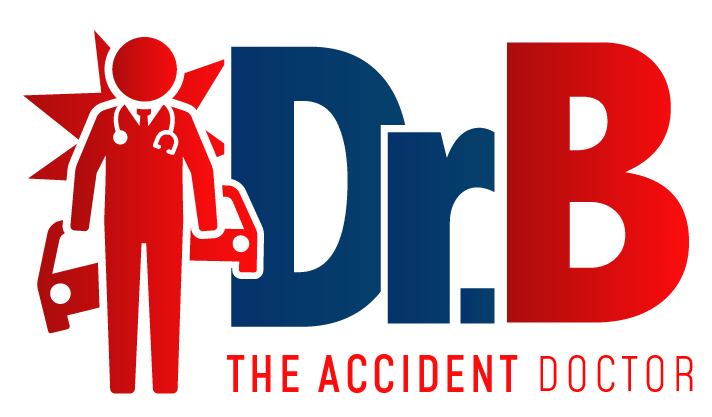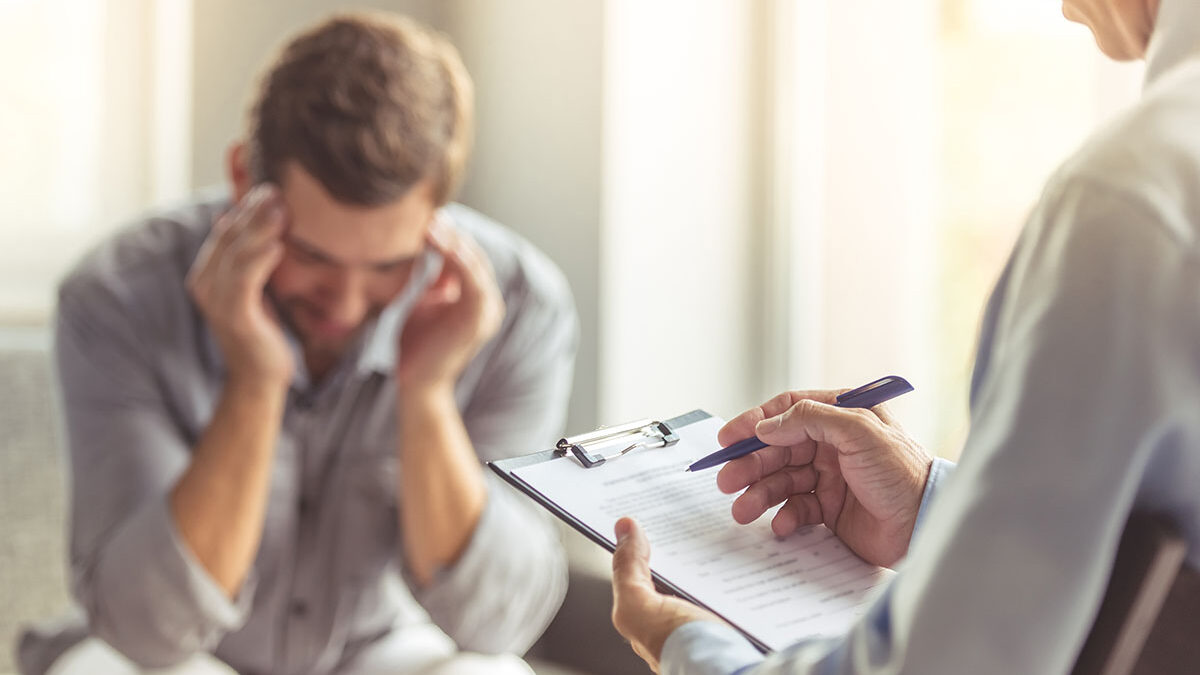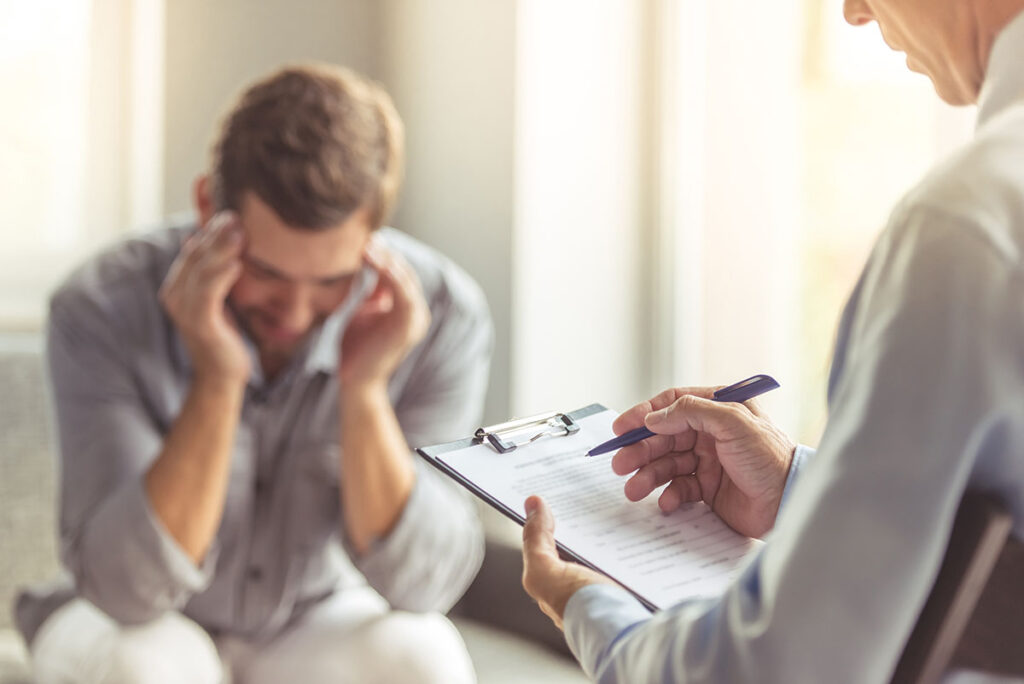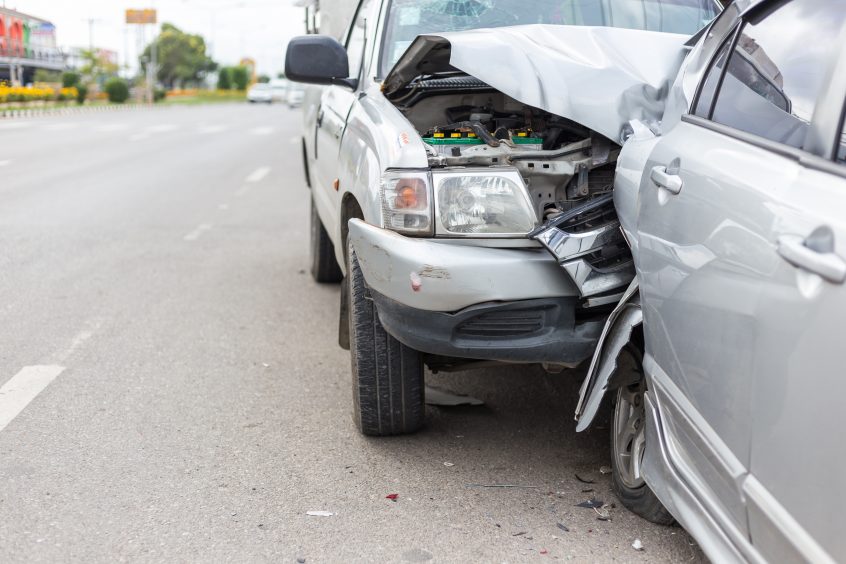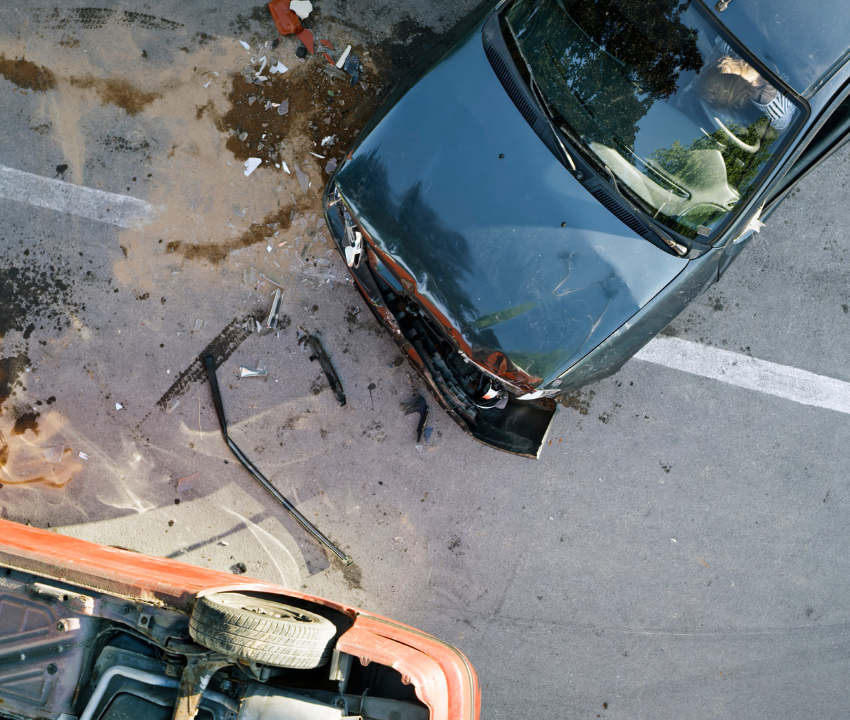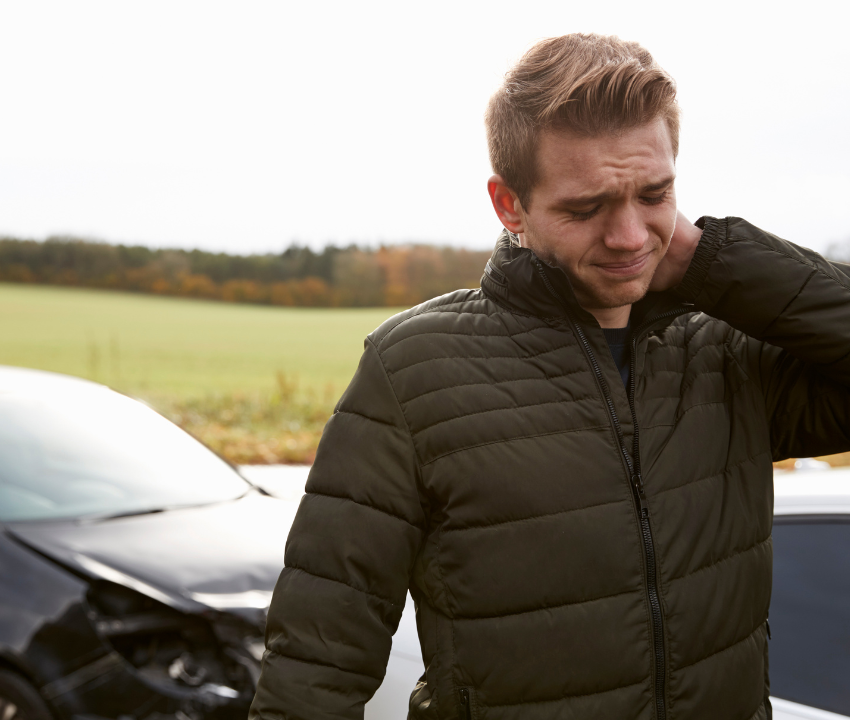Emotional Trauma Symptoms to Watch For
If you’ve been through an auto accident, a doctor will assess your physical injuries, but you should keep an eye on emotional symptoms that may be caused by certain anxiety disorders that can develop after an auto accident.
• Intrusive thoughts: Involuntary, distressing thoughts, or recurrent nightmares.
• Negative mood: Inability to experience positive emotions.
• Dissociative symptoms: Time slows down, you see yourself from someone else’s perspective, you feel numb, or you’re in a daze.
• Avoidance: An inability or refusal to think about anything associated with the trauma.
• Arousal symptoms: Trouble falling asleep, irritable behavior, concentration issues.
Additionally, anxiety can manifest itself in the following ways:
• Feeling tense, restless or nervous
• An impending feeling of doom
• Increased heart rate
• Sweating
• Trembling
• Gastrointestinal issues
If these symptoms begin to interfere with your normal, everyday life, or last longer than a few days, then it’s time to seek help.
Post-Traumatic Stress Disorder
Post-traumatic stress disorder (PTSD) is a serious anxiety disorder that can crop up after a traumatic event. While many pair PTSD with soldiers returning from active duty, it can happen in many different scenarios, including those who have experienced a car accident. This can impact those who have been in serious accidents, but even those who escape critical injury can experience this type of an emotional impact.
Acute Stress Disorder
Acute stress disorder (ASD) is another possible development that can stem from an auto accident. The criteria for diagnosis is not quite as stringent as and symptoms aren’t as long-lasting as PTSD, but it’s important to note that those who experience ASD can, and often do, go on to develop full blown PTSD.
How to Get Help for Emotional Trauma After an Accident
If you have emotional symptoms that may be a result of your auto accident, it’s important to take them seriously and seek help. Visit your doctor to go over possible treatment plans, which can include therapy or medication, and seek out local support groups that can help you feel understood from others who have been through similar experiences.
If your loved one is dealing with emotional distress after an auto accident, in addition to helping them find appropriate mental health care in your area, provide a supportive, open ear. Encourage them to speak about their worries, bring them a meal on occasion, and let them know you’re available to transport them if they’re unable.
Feeling Better After an Accident is Possible
Fortunately, while these types of serious emotional impacts can seem overwhelming, treatment is available and recovery is possible. Stay tuned in to your emotional side as well as your physical injuries, and seek help if symptoms are present.
